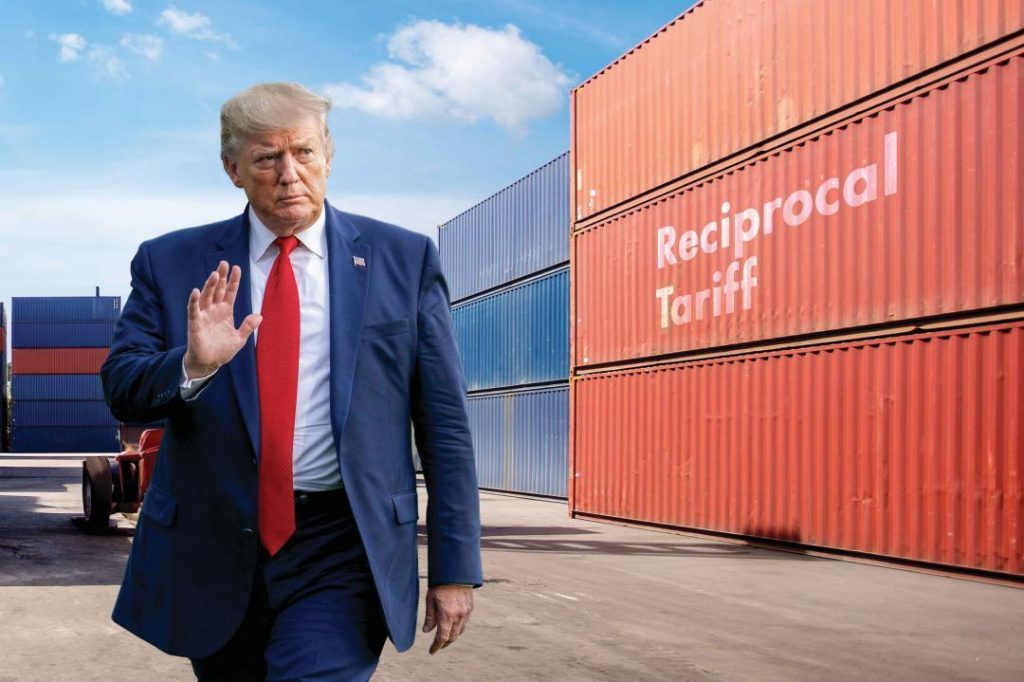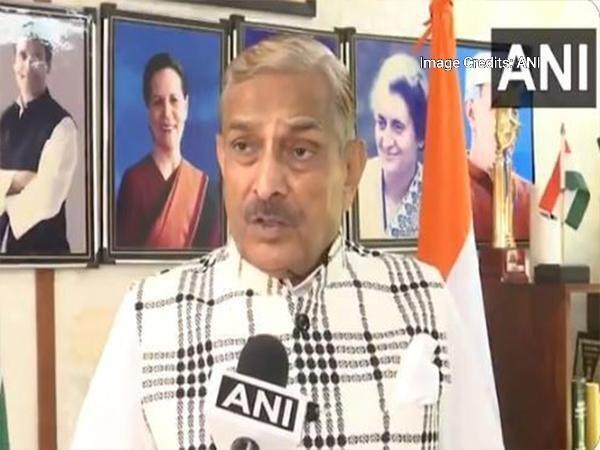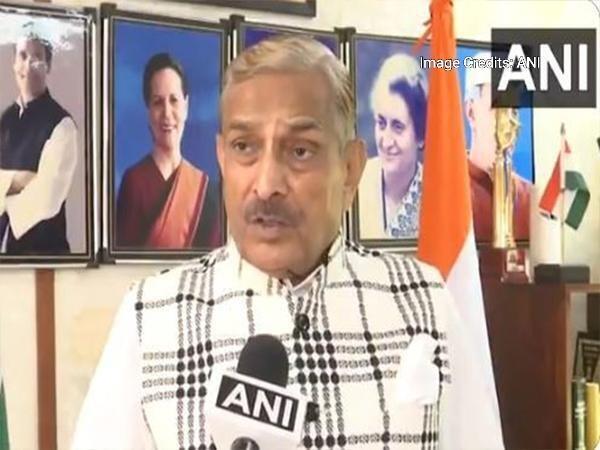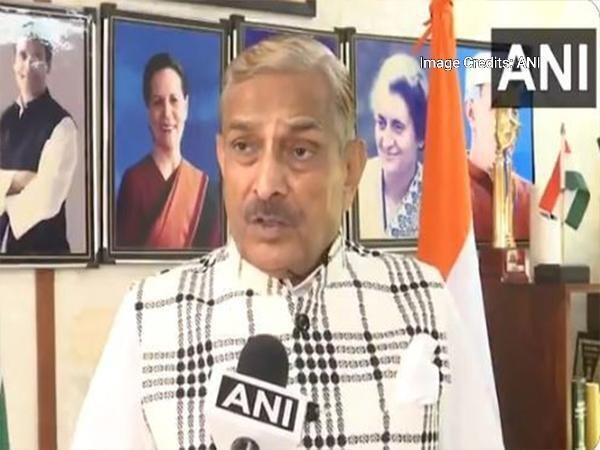
The Great Tariff War: Disruption, Diplomacy, & the Future of Trade
The global trade landscape has been witnessing a significant shift in recent years, with tariffs and trade tensions becoming a major area of concern. The latest development in this regard is the ongoing tariff war between the United States and its trading partners, including China, the European Union, and India. In this blog post, we will delve into the impact of this tariff war on global trade, the role of diplomacy in resolving these disputes, and the opportunities that emerge for countries like India.
Background
The tariff war began in 2018 when the US imposed tariffs on steel and aluminum imports from various countries, including China, citing national security concerns. China retaliated by imposing tariffs on US goods, including soybeans, cars, and airplanes. Since then, the US has imposed tariffs on over $360 billion worth of Chinese goods, while China has imposed tariffs on over $110 billion worth of US goods.
The latest development in this regard is the announcement by the US of new tariffs on imported Indian goods, including textiles, chemicals, and plastics. This move comes amid ongoing trade negotiations with India, aiming to achieve a bilateral trade agreement targeting a $500 billion trade goal by 2030.
Impact on Global Trade
The tariff war has had a significant impact on global trade, causing disruptions to supply chains and affecting businesses worldwide. The US-China trade war has led to increased costs for companies, reduced exports, and slowed economic growth. The impact has been felt across various industries, including technology, manufacturing, and agriculture.
Furthermore, the tariff war has led to a shift in global supply chains, with companies looking for alternative sources of supply. India, in particular, has emerged as an attractive option for companies looking to diversify their supply chains. According to industry experts, this is an opportunity for India to strengthen its position as a global manufacturing and logistics hub.
Diplomacy in Resolving Trade Disputes
Diplomacy plays a crucial role in resolving trade disputes and avoiding the negative consequences of a tariff war. The US and China have been engaged in trade talks for over a year, and while progress has been made, a comprehensive agreement has yet to be reached.
In the case of the US-India trade dispute, diplomacy is also crucial in resolving the issue. The US and India have been engaged in trade talks for several months, with the goal of achieving a bilateral trade agreement. The US has been seeking increased market access for its dairy products, poultry, and other agricultural goods, while India has been seeking greater access to the US market for its pharmaceutical and IT industries.
Opportunities for India
The tariff war presents several opportunities for India, including:
- Strengthening its position as a global manufacturing and logistics hub: With companies looking for alternative sources of supply, India can capitalize on this trend by strengthening its manufacturing and logistics capabilities.
- Increasing exports to the US: The US-India trade talks offer an opportunity for India to increase its exports to the US, particularly in the areas of pharmaceuticals, IT, and textiles.
- Diversifying its economy: The tariff war highlights the importance of diversifying economies, and India can capitalize on this trend by promoting its services sector and increasing its exports to other countries.
Challenges Ahead
While the tariff war presents opportunities for India, there are also several challenges ahead, including:
- Domestic industry resistance: Some Indian industries, such as textiles and pharmaceuticals, may resist the opening up of their markets to foreign competition.
- Infrastructure challenges: India’s infrastructure, including ports and logistics, needs to be strengthened to support increased trade and investment.
- Regulatory challenges: India’s regulatory environment needs to be simplified and streamlined to facilitate trade and investment.
Conclusion
The tariff war between the US and its trading partners has disrupted global trade and presented several challenges for businesses and governments. However, it also presents opportunities for countries like India to strengthen their position as global manufacturing and logistics hubs and increase their exports to other countries.
Diplomacy plays a crucial role in resolving trade disputes and avoiding the negative consequences of a tariff war. The US and India have been engaged in trade talks for several months, and a comprehensive agreement can help to resolve the trade dispute and promote greater trade and investment between the two countries.
In conclusion, the tariff war is a complex issue that requires careful consideration of the challenges and opportunities it presents. By strengthening its manufacturing and logistics capabilities, increasing its exports to the US, and diversifying its economy, India can capitalize on the opportunities presented by the tariff war and emerge as a stronger and more resilient economy.
News Source:
https://www.logisticsoutlook.com/supply-chain/the-great-trump-tariff-war






